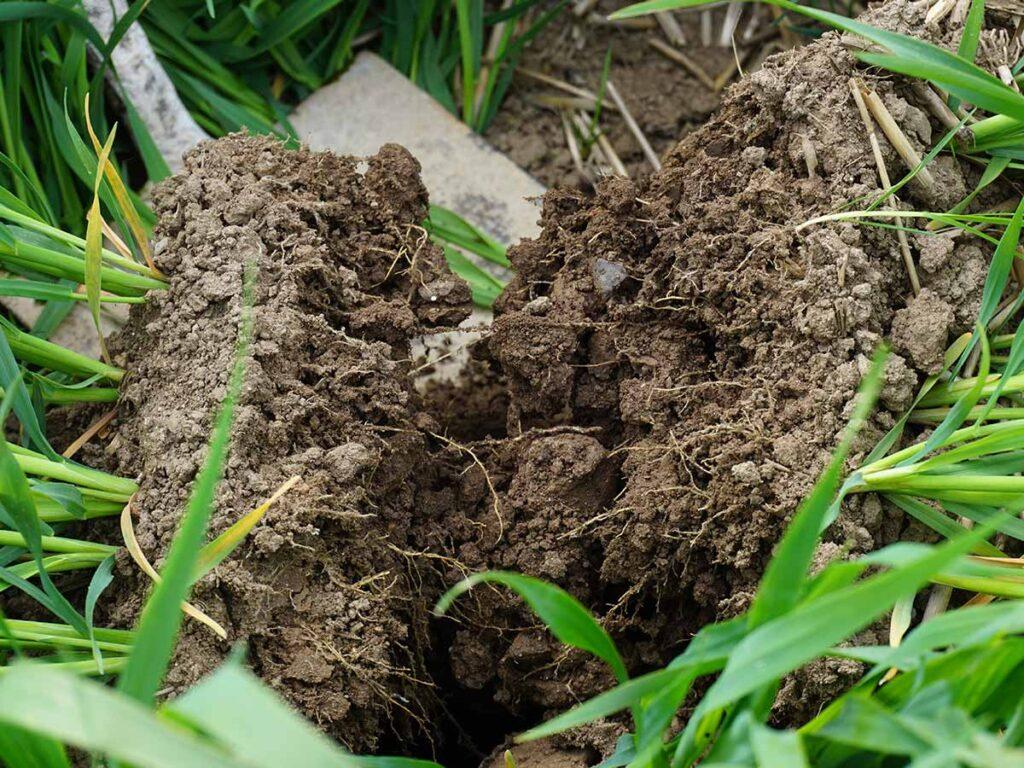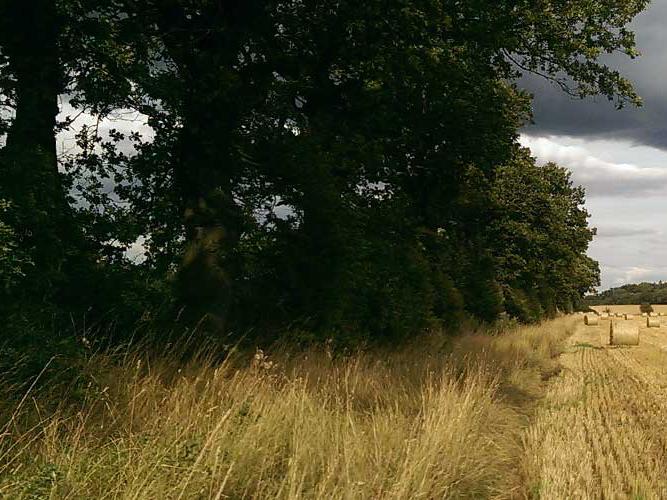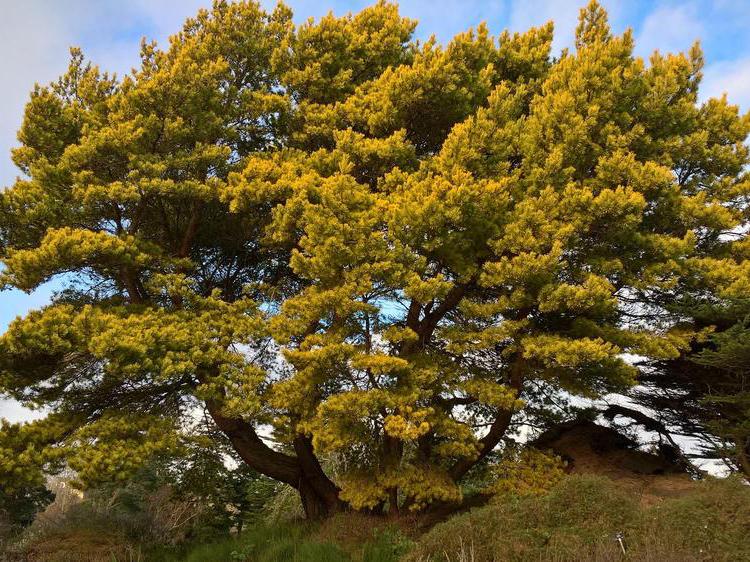Carbon sequestration in agriculture: enhancing sustainability through carbon capture
What is carbon sequestration in agriculture? As it stands, agriculture has a crucial role to play in combating climate change, and sequestration on the farm offers a powerful solution. By capturing carbon dioxide from the atmosphere and storing it in natural systems, farmers can contribute significantly to reducing greenhouse gas emissions.
Sometimes also known as ‘carbon farming’ and ‘regenerative agriculture’, the term encompasses various ways of managing the land, especially farmland, to enable soils to capture and store carbon.
You can explore various sequestration methods, including soil sequestration, woodlands, tree planting, hedgerows, and peatlands, depending on your needs for mitigation when it comes to GHG emissions. With Agrecalc, you can develop a baseline against which you can measure their effects year after year.
Agrecalc: measuring sequestration impact
Agrecalc is an indispensable tool for farmers aiming to measure the impact of their sequestration efforts. The online calculator is user friendly and takes into account various factors like land use, practices, and crop types to estimate carbon emissions and sequestration potential. By inputting data about your farming practices, you can assess how much carbon is being captured and identify opportunities for improvement.
How to use Agrecalc for sequestration on the farm:
Data input: Enter information about your farm’s land use, including crop types, livestock, and practices such as tillage and fertilisation.
Calculation: The calculator processes the input data and generates estimates of carbon emissions and sequestration. It highlights areas where your farm is making a positive impact and where there’s room for improvement.
Optimisation: Use the calculator’s insights to make informed decisions about adjusting practices, planting more trees, or implementing other sequestration methods.
Progress tracking: Regularly update your data to track progress over time. This helps in understanding the long-term effects of your sequestration efforts and adapting strategies accordingly.
The outlined sequestration practices on the farm further answer the question of what is carbon sequestration on the farm, and are vital for mitigating climate change and fostering sustainability.





